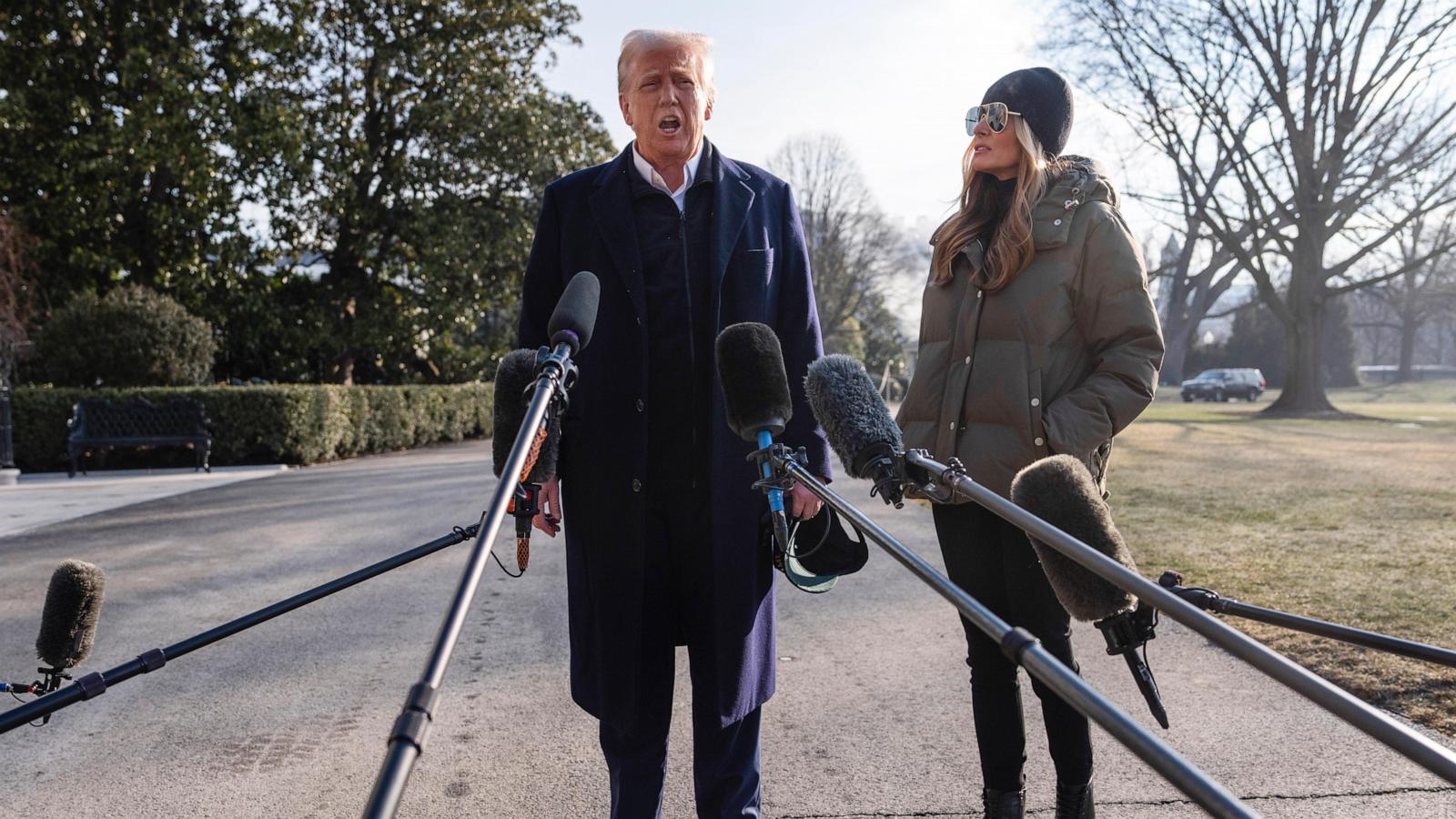Trump's Bold Gambit: Can Cutting Oil Prices End the Ukraine War?
The ongoing conflict in Ukraine has captivated the world, and the search for a resolution is paramount. Former President Donald Trump has put forth a controversial yet intriguing proposal: slashing oil prices to cripple Russia's economy and force them to the negotiating table. This strategy, while audacious, raises critical questions about its feasibility and potential consequences. Will this bold move finally bring peace, or is it a high-stakes gamble with unforeseen repercussions?
The Oil Price Weapon: Trump's Strategy
Trump's core strategy revolves around pressuring OPEC+, primarily Saudi Arabia, to significantly reduce oil prices. The argument is simple: Russia heavily relies on oil revenue to fund its war machine. By drastically lowering the price of oil, Trump believes that Russia would face severe economic strain, prompting them to reconsider their aggression in Ukraine. This economic pressure, he argues, could be the key to ending the war, a much faster solution than military engagements. This strategic move has been dubbed by some experts as a game changer and an aggressive economic pressure tactic. Others remain deeply skeptical and see it as potentially dangerous.
OPEC+'s Response and the Challenges Ahead
The reality, however, is considerably more nuanced. OPEC+, while having the power to influence oil prices, faces internal complexities and external factors affecting their decision-making process. In the recent past, this alliance has resisted calls to boost production to lower oil prices. The current oil market sees demand that is weaker than expected. At the same time, competing producers outside of this alliance influence the market. Therefore, Trump's plea faces an uphill battle, especially given Saudi Arabia's own economic considerations and its complicated relationship with Russia. It's an undeniably huge ask, and oil companies are ultimately guided by market economics and not personal relationships.
Weighing the Risks and Potential Rewards
Trump's direct engagement with Saudi Crown Prince Mohammed bin Salman demonstrates his understanding of this diplomatic challenge. He's confident his relationship with Saudi Arabia, enhanced by his past diplomatic and business engagements, will yield greater success than his predecessors. However, even with this improved communication, Trump's approach poses immense risks. The impact of drastic oil price reductions extends far beyond the Ukraine conflict. This move has significant ramifications for global economies, energy security, and even environmental factors such as carbon emissions. One must weigh potential short-term gains against the larger, potential negative, long-term implications for the global economy. It could exacerbate economic instabilities and heighten political tensions.
Economic Repercussions and Geopolitical Implications
The potential ramifications are extensive. While lowering oil prices might indeed hurt Russia, it could simultaneously destabilize other oil-dependent nations, sparking new conflicts. The move's global ripple effect may lead to unexpected negative financial consequences and widespread social discontent. It may increase financial burdens in many countries and regions across the globe. Given these potential challenges, a measured response, instead of a reckless or aggressive tactic, would be beneficial and preferable.
A Comparison to Biden's Approach
President Biden's approach during the Ukraine war contrasts significantly with Trump's strategy. Biden's administration, while pushing for increased oil production in certain circumstances, faced resistance. Biden’s policies focused more on providing substantial military assistance and economic sanctions, avoiding a dramatic attempt to control the global oil markets. While both presidents had to grapple with the challenges presented by Saudi Arabia's stance on increased oil production, they used very different diplomatic and negotiation strategies. Trump's relationship with Prince Mohammed appears to be a strong starting point in obtaining cooperation on lowering the price of oil.
Trump's Confidence and the Need for Nuance
Trump's stated belief that he possesses a more effective approach due to stronger existing relations may not tell the full story. Whether Trump's optimistic expectations will be realized remains to be seen. Even with diplomatic expertise and influence, he must account for the financial demands that every country, particularly Saudi Arabia, faces. Success hinges not just on strong connections but also on carefully considered actions, nuanced strategies, and effective negotiations.
Take Away Points
Trump's bold proposal to utilize oil prices as a weapon in the Ukraine conflict is certainly an intriguing strategy, yet complex and risky. Its success depends heavily on many unpredictable factors and may not deliver an immediate end to the war in Ukraine. Navigating such a complex diplomatic and geopolitical situation necessitates an extremely careful approach that balances both short-term and long-term consequences. While Trump's confidence in his approach is understandable, it may be naive to expect a simple, quick resolution to this complicated war.




